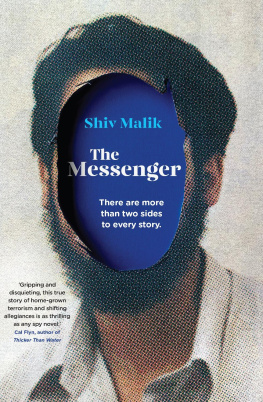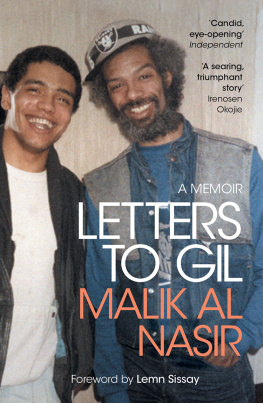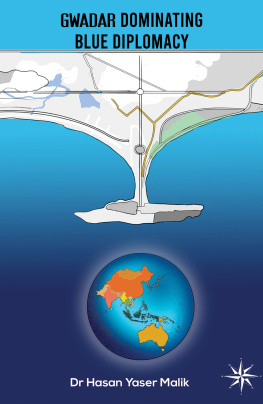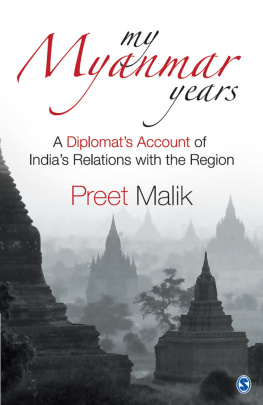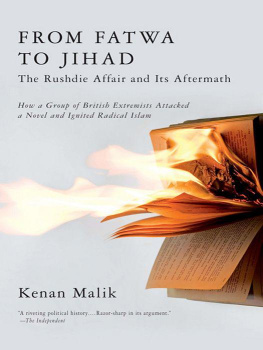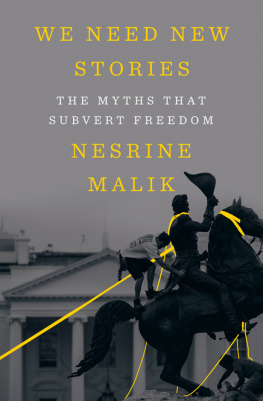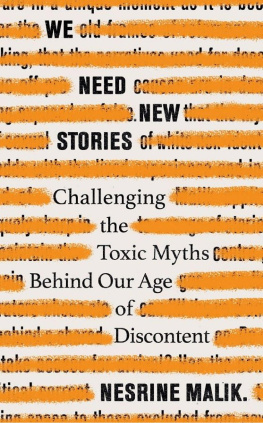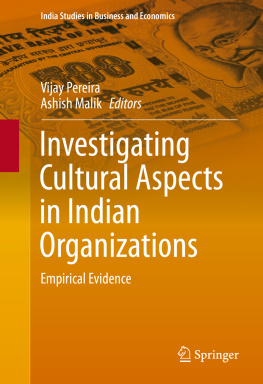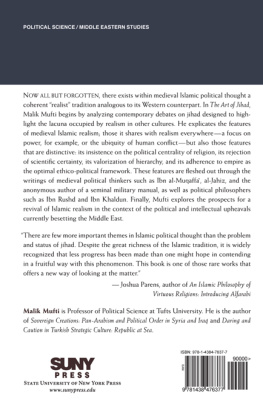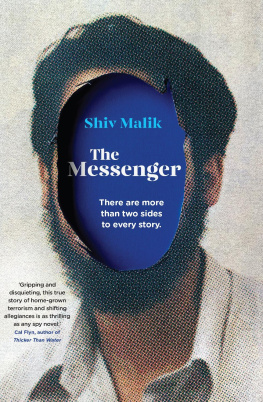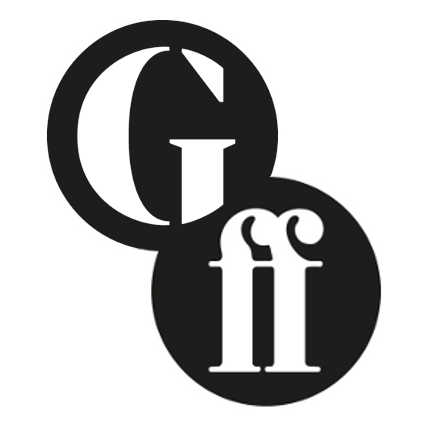To F.D.B. and E.V. Crowe
Neither a man nor a crowd nor a nation can be trusted to act humanely or to think sanely under the influence of a great fear
I put it to you that it has always been like this. A sudden, horrific event occurs a volcano erupts, a plague breaks out, an economy collapses and we become overwhelmed by fear. But the event is not what we are afraid of. As soon as it occurs, it becomes the past. It is over. What we fear most is the future; the idea that out of nowhere disaster might befall us again.
In these moments we force ourselves to hunt for an explanation, a pattern, lines of cause and effect. We must know why these events have happened to us because we must reclaim a sense that tomorrow can again be made predictable. Our psychological survival depends on it.
Just imagine even the simplest human interaction being undertaken in a world where we were completely unable to foretell whether the sun will rise in the morning or the air will remain breathable hour by hour. Our minds would not endure more than one day.
The explanations we find for these horrific events do not necessarily have to be correct or true. They just have to serve their purpose the story must make us feel the world is certain again. And as history shows us, if the facts do not comfort, a fiction will work just as well.
Our readiness in these instances to accept the reassuring fiction over the uncomforting fact has been the source of some of mankinds most inhumane deeds. The volcano erupts because the gods are unhappy with us and so we make a human sacrifice. Disease abounds because the devil has made mischief through his servants and so we hunt for witches. The German economy collapses because traitors are at work and so Jews are rounded up in their millions.
And yet, however inhumane the results, we are quietly grateful for these stories because they allow us to cope. They let us believe that the solution to averting future disaster is within our control. And those who tell us the stories the shaman, the church, the dictator are granted impressive powers over us.
This is also how terrorism works.
First the tactician, the military trainers, the explosive experts, the cell leaders, and the suicide bomber band together to induce fear by creating apparently random destruction involving as many people as possible. The more arbitrary the target the train, the bar, the sporting event, the office block the more we fear because the harder it becomes for us to predict what tomorrow will hold for us.
The person who follows this is the messenger. He has two further roles which are just as essential to the overall process. His first task is to threaten more of the same. He makes it clear that the future both immediate and distant will continue to be ambushed by bloody violence. This is the easy part these words can be spoken by any thug. Its the second task that requires the oratorical skill.
Competing against other narratives, the messenger must somehow persuade us to do what he wants leave his lands, hand over political power, give him money, convert to his religion. He does this by convincing us that we are the ones to blame for the destruction which has just been wreaked; that it is our actions that have brought about these consequences.
At first this may seem an unpromising strategy, but the messenger tells us this because he knows that his narrative holds a particular charm to our ears; if we are the cause of such events, then we must also hold the key to our own security. Who better to bring normality back to our lives than ourselves?
Like this, the messengers speech suddenly becomes a comfort. His words become a sirens song. We want to do as he asks because he promises that life will go back to normal. But unless we resist the temptation, we will find ourselves ruined and sold out by the lowest of our minds conceits: fear.
However, like volcanoes, plagues and war, the mechanics of terrorism have proven far more complex than our frightened minds have permitted us to believe. I should know. For the messenger is never all he seems.
There it was. The bus. Its sidings peeled apart like the petals of a wilted red lily. The roof lying crumpled on the road somewhere up ahead. The blood of its passengers splashed so indelicately across the front of the faded grey, Portland-stone building beside it.
It was dark now, some twelve hours after the horror of the explosion. But the emergency services halogen lamps illuminated far too much detail for a person to stomach.
Reflecting off the white sheeting, which was erected to box off the scene from the public, the light bounced right into the top deck. Blown from their bolts but still attached to the buss shell, the seats appeared frozen mid-frame, as if caught in a desperate act of escape.
The victims, still nameless and unknown at this point, had been removed. Their limbs and lives had been ripped apart while undertaking the most prosaic of daily activities: riding the number 30.
We had been warned there would be an attack on London. The security services, the politicians, the British jihadis had all been right. And when it came it was nothing less than a series of suicide bombings. This one, the bus bombing, had been committed by a plump teenager from Yorkshire.
As a freelance journalist specialising in British radicalism, I knew Id be commissioned to be part of the media effort to explain why this had happened, and who was responsible. What did the terrorists want? What would their demands be? And if they were British, how had they come to turn on their fellow citizens? Thats why I felt compelled to come see the end point of their journey their bloody achievement with my own eyes.
That 7 July morning Id been in Scotland like many other reporters, watching police beat back protestors from the fences surrounding the grounds of the Gleneagles Hotel, where world leaders had gathered for the G8 summit. When the news broke of a suspected attack I hurriedly drove down an emptied motorway back to London. Packed into vans, their sirens blazing, were hundreds upon hundreds of Metropolitan police officers Londons Praetorian Guard. Deployed to man the lines against anti-globalisation demonstrators far from their parish, you could see the guilty anguish on their faces through the van windows; theyd abandoned their posts and were desperate to return to their besieged capital.
The citys centre was uncomfortably silent without the usual drone of traffic. Lacking functioning public transport, tens of thousands of workers had migrated through the streets on foot to return home. Those who remained coalesced outside of pubs, part shocked, part curious, but still chatting almost casually without any obvious sign of panic on this balmy summers evening. I could hear their voices as I stood inside the cordon, staring at this everyday object, now disfigured, parked by brute force about forty yards in front of me. I couldnt help but find myself fascinated its new topography traced the instance of violence inflicted upon it. And yet I also felt physically repulsed by its abnormality and knowing what it now represented: not safe passage through the streets of the metropolis, but murder.
Sir, said the female officer beside me. I jolted. Sir, you need to step back and return to your hotel.
Oh yes, I said, and turned away. But I was not a guest at the hotel next to the scene it was a lie used to gain entry past police lines. I lived a mile from where I now stood.

